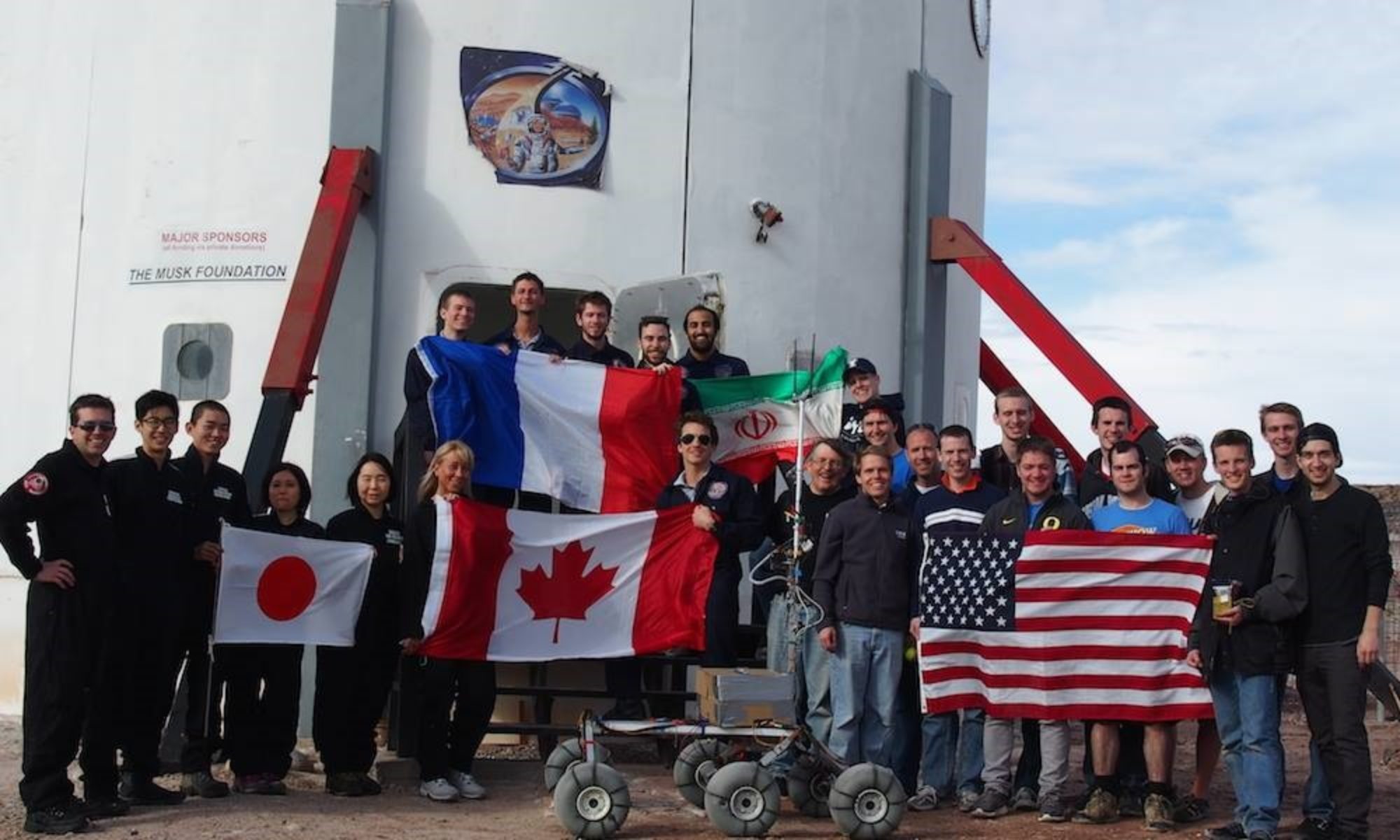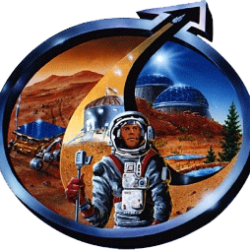Crew 261 Journalist Report 04-05-2023
Author: Kris Davidson, Crew Journalist
Deep time is a concept championed by geologists and astronomers, who interpret long-ago events recorded within our Earth’s geological features and far-away planets and stars. This concept allows us to understand the vast and nearly incomprehensible expanse of time that has unfolded since the formation of our universe, as well as the intricate processes that have sculpted the planets in our solar system. By exploring deep time, we gain a humbling appreciation for the enormity of cosmic history and an understanding of how complex, interconnected processes over eons have shaped the Earth and other planets, like Mars, that we aspire to visit soon.
In light of deep time, the brevity of a single human lifetime becomes profoundly apparent. Our fleeting existence, typically spanning less than a century, pales in comparison to the billions of years that have unfolded since the universe’s inception. On Sol 4, during EVA 5, crew members were collecting data for meshtastic devices, walking and admiring Martian geological features when they were suddenly reminded of the ephemeral nature of human life. A mechanical malfunction in a crew member’s spacesuit caused a sudden, brief illness, and in an instant, everything changed. Back at the hab the crew discussed checklists, procedures, and training for better responses in future emergency situations.
Despite the relative brevity of our lives, we still manage to make important contributions to the human race that will endure across a deeper time span. The cumulative nature of human progress, particularly in science and discovery, is a testament to the resilience and tenacity of our species. Each generation builds upon the knowledge and achievements of those who came before, as they seek to unravel the mysteries of the universe, always pushing against the shifting boundaries of our understanding. During EVA 6, crew roboticist Erin Kennedy’s work testing a robotic elements and wind sails of the Atmosphinder rover yielded notable progress. Her work contributes to a larger understanding of how a wind-powered rover intended to provide valuable information about Mars might be best engineered. Meanwhile, in the science dome, Cecile Renaud (greenhab officer and crew biologist) planted tomato seeds in a variety of soil samples to be stimulated later with spirulina, moving us closer to understanding how the first people on Mars might effectively grow food in the planet’s hostile environment.
The collaborative, generational effort in science across time has enabled humanity to make remarkable strides. As we continue to explore the cosmos, we carry with us the collective wisdom of our ancestors. Transatlantic Mars Crew 261 aspires to contribute meaningfully to the ongoing story of human discovery and progress, and on Sol 4 especially, we remain ever mindful of the vast expanse of deep time that surrounds us.

